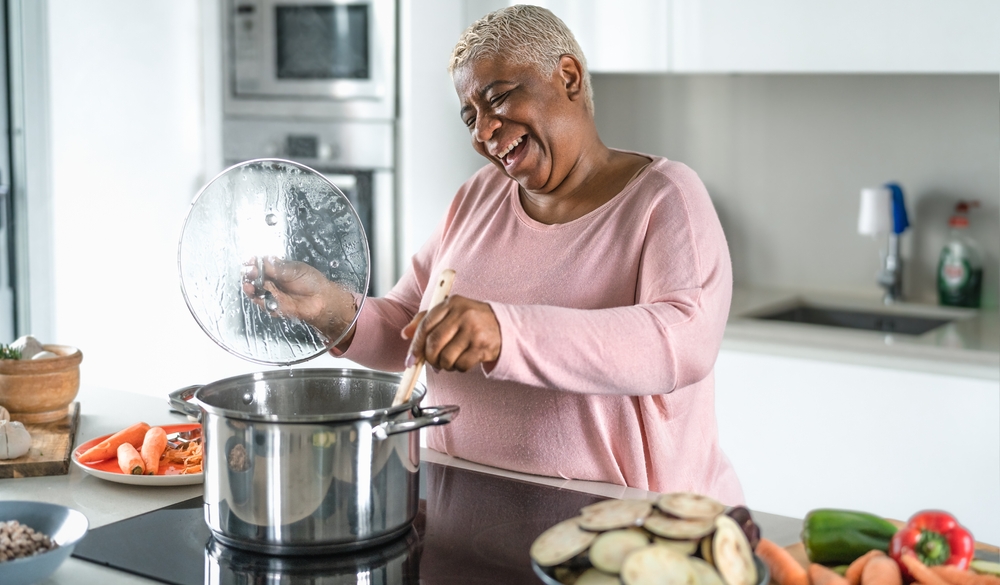Is Intermittent Fasting Safe for Elderly Adults?
Category:

Health risks such as diabetes, heart disease, hypertension, joint pain, sleep apnea, and even some cancers can be linked to obesity. As we age, maintaining a healthy weight can help us avoid or at least control some of the illnesses and ailments that excess body weight can cause.
Have you heard of intermittent fasting for elderly adults? This experimental eating style is all over the internet and many people have had success with weight loss using the intermittent fasting approach.
Older adults who are thinking of trying it should proceed with caution. If not closely monitored, fasting for seniors can lead to additional health problems even though there is no specified age documented for successful intermittent fasting success.
Should the Elderly Fast?
The best answer here is to consult with your health care professional before trying the intermittent fasting strategy. Your doctor can review your complete health history and help you decide whether the 16 8 intermittent fasting for seniors plan might help you in your weight loss efforts. The doctor can advise you regarding conditions such as diabetes and other health concerns to be sure the plan you choose is right for you.
What is 16-8 Intermittent Fasting for Seniors?
To put it simply, the 16-8 approach to intermittent fasting is the same each day. You abstain from eating for 16 hours a day and make sure your intake of food occurs in the remaining 8-hour window.
For example, you might eat breakfast at 9:00 a.m., lunch at noon, and be finished with eating for the day by 5:00 p.m. You can do this as many days a week as you like. Some people can do it every day, others may only be able to follow the plan 2 or 3 days a week. One of the benefits of the plan is that you can adjust it to fit your own schedule and lifestyle.
Water and other zero-calorie beverages such as black coffee or tea can be consumed at any time during the fast.
The diet is popular because it is less restrictive with the foods you can consume during your 8- hour window. If you can stick to it, many people report measurable results in a shorter period than other weight loss approaches they’ve tried.
But the bottom line still comes down to one important question:
Is Fasting Good for Seniors?
If you decide to try intermittent fasting the recommendation is to begin slowly. Try it for 1 or 2 days per week and see how you feel. Be aware of symptoms such as weakness, energy levels, mood changes, and hunger. These symptoms may occur at first, but most people report they subside as the body adjusts. If you don’t notice an improvement in the way you feel after a few weeks, you might want to reconsider whether intermittent fasting is right for you.
Be sure you stay hydrated by drinking plenty of water and no-calorie beverages. Give your body enough time to adjust and re-adjust your eating times if necessary.
Download Our Healthy Aging Diet Guide
Remember to follow a healthy diet during your eating time. Intermittent fasting can help control blood sugar, and aid in weight loss, but you should eat plenty of fruits vegetables, proteins grains, and healthy fats. Limit or eliminate the consumption of fried foods, processed foods, sugary drinks, and junk food.
Healthy eating and weight control can increase longevity and make you feel better overall. Intermittent fasting is just one approach to weight loss and enhanced health. If you try it and discover it is not for you, seek out another way to achieve your health and weight loss or maintenance goals.
Subscribe
Date: 2022-06-30
Category:


